The Verifiable Parental Consent (VPC) Standard: A Win for Everyone
Dr Rachel O'Connell, TrustElevate's founder, is leading a vital initiative which is developing a technical standard that tackles critical issues in online child safety.
It offers benefits for both digital platforms and regulators, as well as parents, online safety advocates and, most importantly, children themselves.
From the platform and regulator perspective
Compliance with global regulations
The standard helps social media, streaming, and gaming platforms comply with regulations regarding age verification, including GDPR and COPPA in the EU and US, Online Safety Acts, AVMSD (Audiovisual Media Services Directive) and equivalents in other countries, such as the ICASA Act in South Africa.
Enabling age-appropriate spaces
Regulators can leverage the standard to ensure platforms create safe spaces tailored to different age groups in alignment with the Age-Appropriate Design Code, a highly topical issue in US states.
From the parent, advocate, and child perspective
Empowering parents and children
The standard empowers parents and children by holding platforms accountable for creating age-appropriate experiences and respecting children's rights to participate online, access good content, connect with others and learn in safe spaces.
Inclusion and access for All
The challenges faced by children in care, unaccompanied refugees and those needing access to age-appropriate mental health and LGBTQI+ resources are not deterrents. We are actively addressing these issues by collaborating with relevant experts and key stakeholders to ensure inclusion.
The parallel of offline consent forms
In the offline world, parents routinely sign consent forms for their children to participate in activities like swimming lessons, football practice, school trips, or even visiting a new dentist.
The Verifiable Parental Consent Standard establishes a similar framework for the online world. Here's why obtaining online consent is crucial:
Children's vulnerability: Children are more vulnerable online, and regulations set safety standards to minimise risks.
Informed choice: Obtaining parental consent informs parents of potential risks, allowing them to make informed decisions about their child's online participation.
Shared responsibility: Consent builds shared responsibility. Parents should be able to trust the platform to prioritise safety, with clear expectations and communication from both sides.
Legal protection: Obtaining verifiable consent protects the organisation from legal liability in unforeseen incidents.
Collaboration and innovation
The standard is a collaborative effort between key stakeholders, including social workers, major global standards bodies like IEEE, the Kantara Initiative, and ISO.
A key element is the development of a range of "Levels of Assurance" from the "Adult-Child Connection Indicator," catering for children and parents in a variety of circumstances and ensuring inclusion, through to Verified Parental Responsibility (VPR) for a child.
Looking ahead
We're examining use cases across jurisdictions through a child rights’ lens. We are grateful to stakeholders who are actively tackling these challenges.
Overall, the Verifiable Parental Consent Standard empowers parents and children, protects children, and promotes responsible platform practices.
Click to read more about our work towards the verification of children online.

